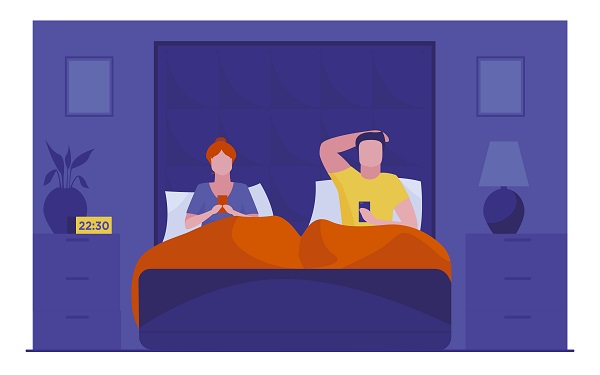Blog
Melatonin – Dosage and Side Effects
Melatonin is the sleep hormone. It is the hormone that our body naturally produces and determines our sleep cycle, the moment we sleep and when we wake up. That is why when there is light during the day, the production of melatonin decreases or stops completely, while as it gets dark, it increases.
Usually the natural production of melatonin by our body decreases as we grow older. This is why insomnia mainly affects older people, but that does not mean that younger people don’t suffer from it.
When we have difficulty falling asleep or have insomnia, a melatonin supplement found in pharmacies can help us a lot.
But before we take it, we must follow the instructions safely without having any side effects.
Melatonin intake and dosage
It is very important to know how safe it is to take it daily and what the appropriate dosage is. Regarding the dosage, each supplement has instructions on it on how much we can take. Usually the daily dosage ranges from 0.1 to 10 mg. Melatonin needs 1-2 hours to work, so you should take it 1-2 hours before bedtime. If you are taking it for the first time it is safer to take a smaller dose.
Melatonin and side effects
Taking melatonin for a short time is completely safe for adults and children. So there is no need to worry. When it comes to taking it for a longer period of time, there are no safe conclusions. According to research, there are mild side effects in some people. In general, although it does not cause any serious side effects, you should not overdo it with the dosage. Too much can cause lethargy, headache, nausea and urinary incontinence in children. Less likely side effects of a higher dose are hypotension, increased stress, depression and abdominal cramps.
Melatonin – Who shouldn’t take it
Those taking medicines for diabetes, blood pressure, blood thinners, immunosuppressants and contraceptives should not take melatonin. Also melatonin should not be taken by pregnant women, women who plan to conceive and those who are breastfeeding.
In the same category belong the epileptics, those who have recently had an allergic reaction or those who have a problem with their liver or kidneys.
If you have already taken a dose of melatonin at night and find it difficult to sleep, you should not take a second dose, as it will not work.
In this case, you need to find an alternative treatment for your problem.
Finally, the melatonin supplement should not be taken with other sleeping pills, antidepressants or alcohol.

 Ελληνικά
Ελληνικά









































